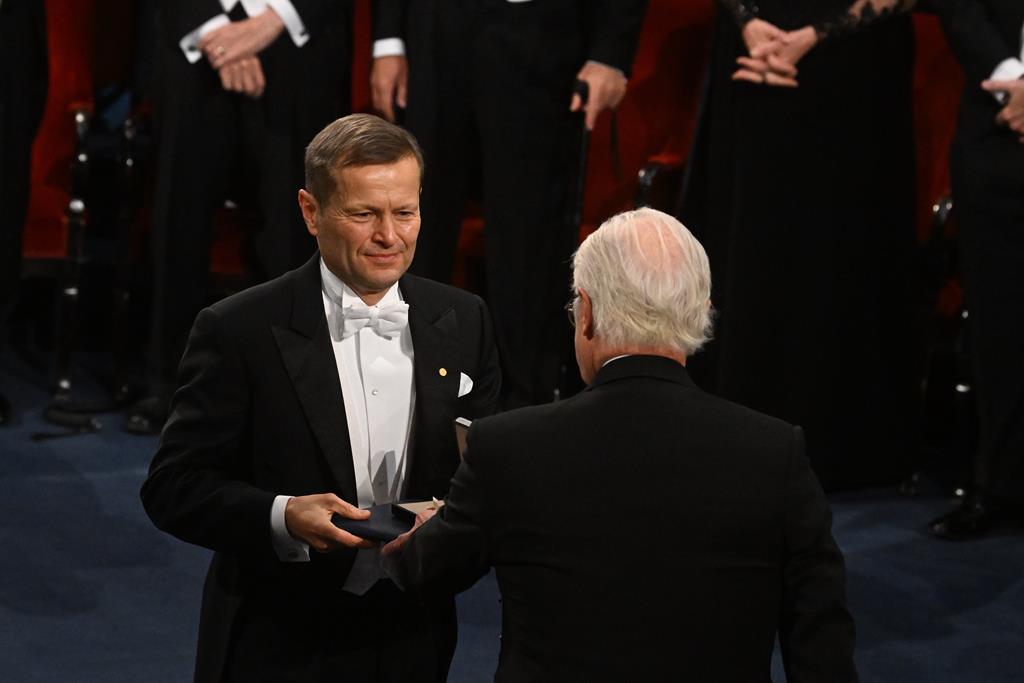Change language:
King Karl Gustaf XVI presented Nobel Prizes for Hungarian scientists – UPDATED

Hungary’s biochemist Katalin Karikó and physicist Ferenc Krausz were presented the Nobel Prize by Swedish King Karl Gustaf XVI, at a ceremony in Stockholm on Sunday afternoon.
Karikó and her research partner Drew Weissman have won the 2023 Nobel Prize in Physiology or Medicine. The Nobel Assembly acknowledged the researchers “for their discoveries concerning nucleoside base modifications that enabled the development of effective mRNA vaccines against COVID-19”.
Krausz has won together with his French colleagues Pierre Agostini and Anne L’Huillier the 2023 Nobel Prize in Physics. The three physicists were recognised “for experimental methods that generate attosecond pulses of light for the study of electron dynamics in matter”.

On behalf of the Nobel Foundation, Astrid Soderbergh Widding, the head of the foundation’s board, said Alfred Nobel’s message to highlight that achievements to advance literature, science, and the cause of peace would advance the whole world. Respect for knowledge and cooperation at the international level is key, she added. At a time when science, culture, and civil society face challenges, focusing on Nobel’s vision is extremely important, she said.
“Fate does not determine the world’s development; we also have strength and power to influence our own fate and give the world momentum,” she said.
The ceremony was attended by 1,560 guests including family members of the awardees, earlier Nobel laureates, members of the Swedish royal family, as well as government members and MPs of Sweden, and diplomats.
Read also:







